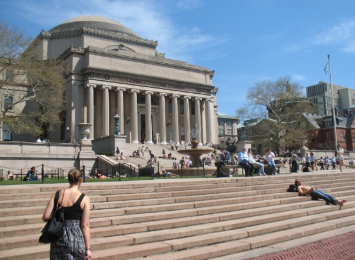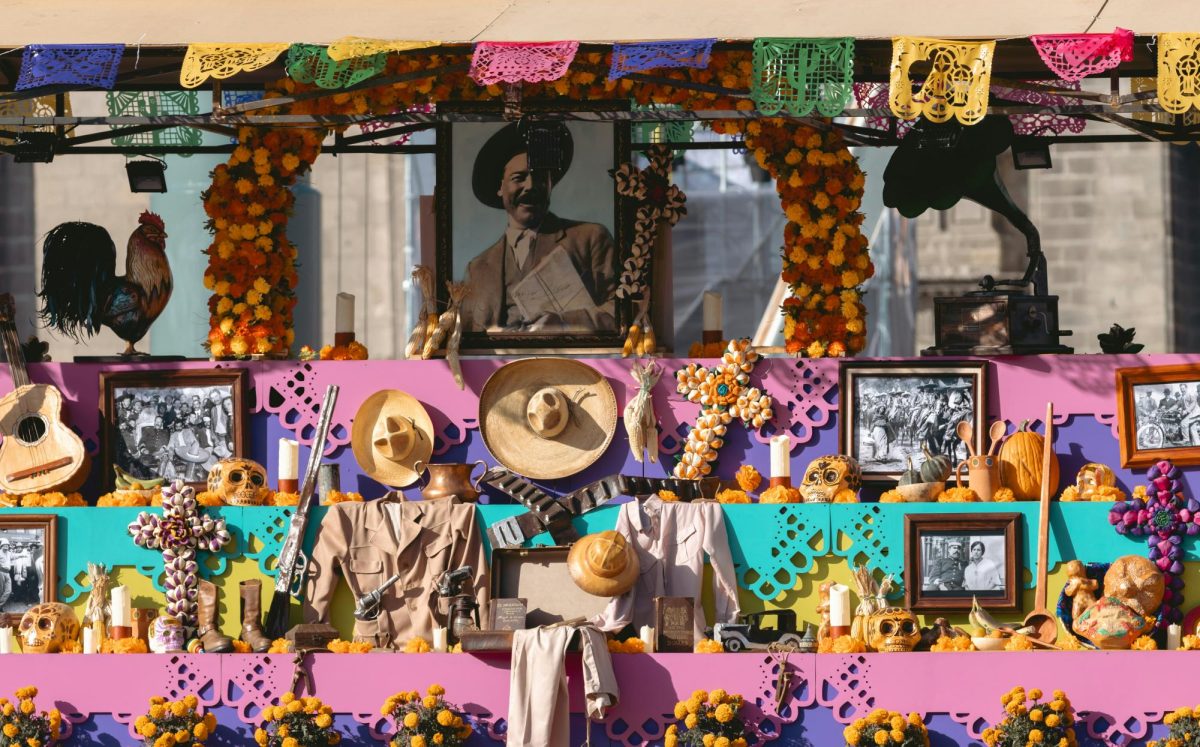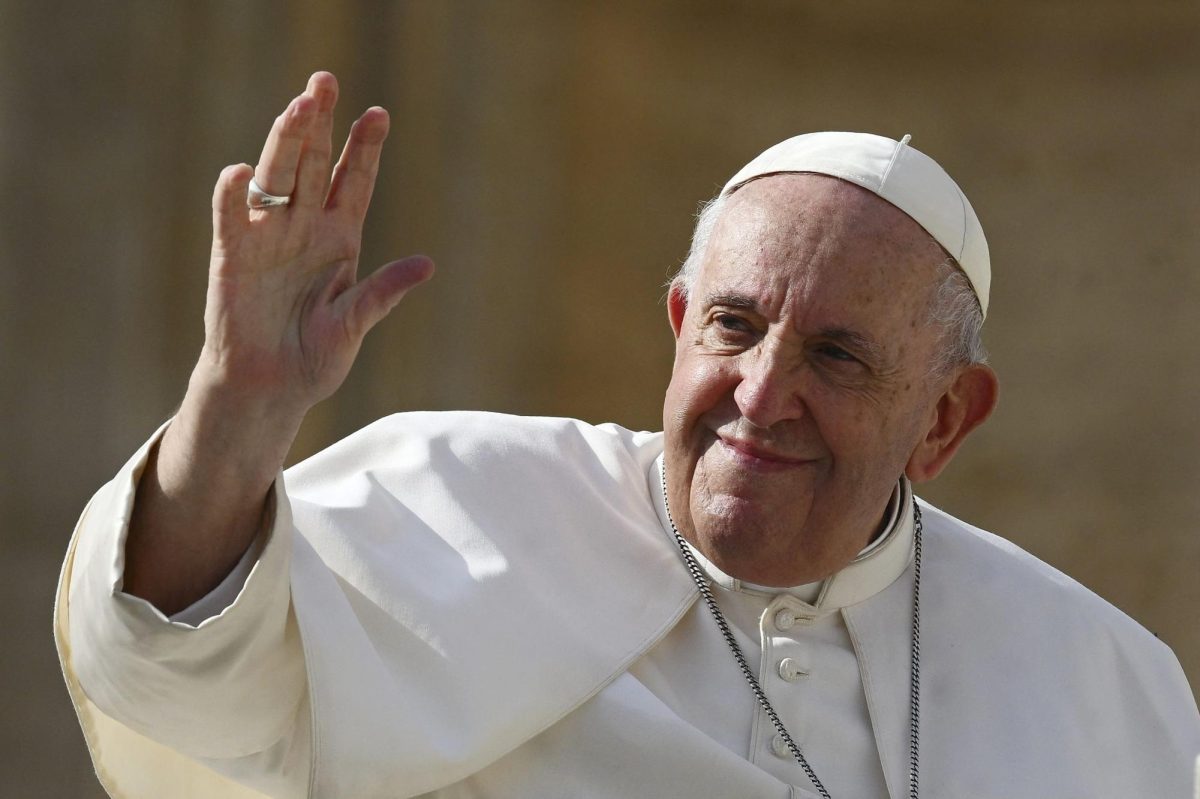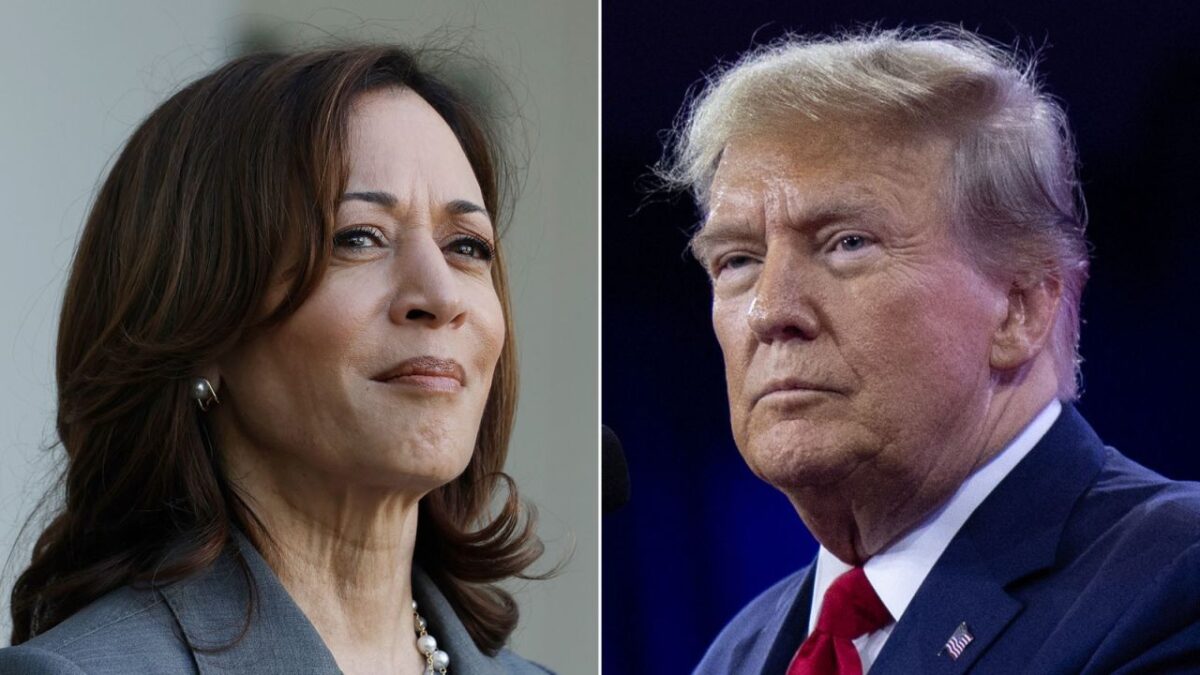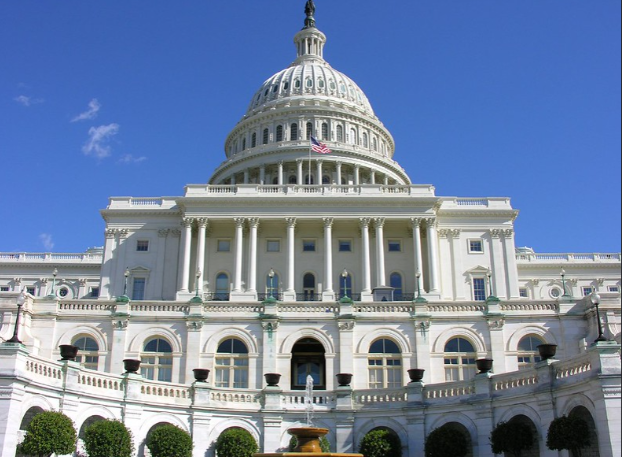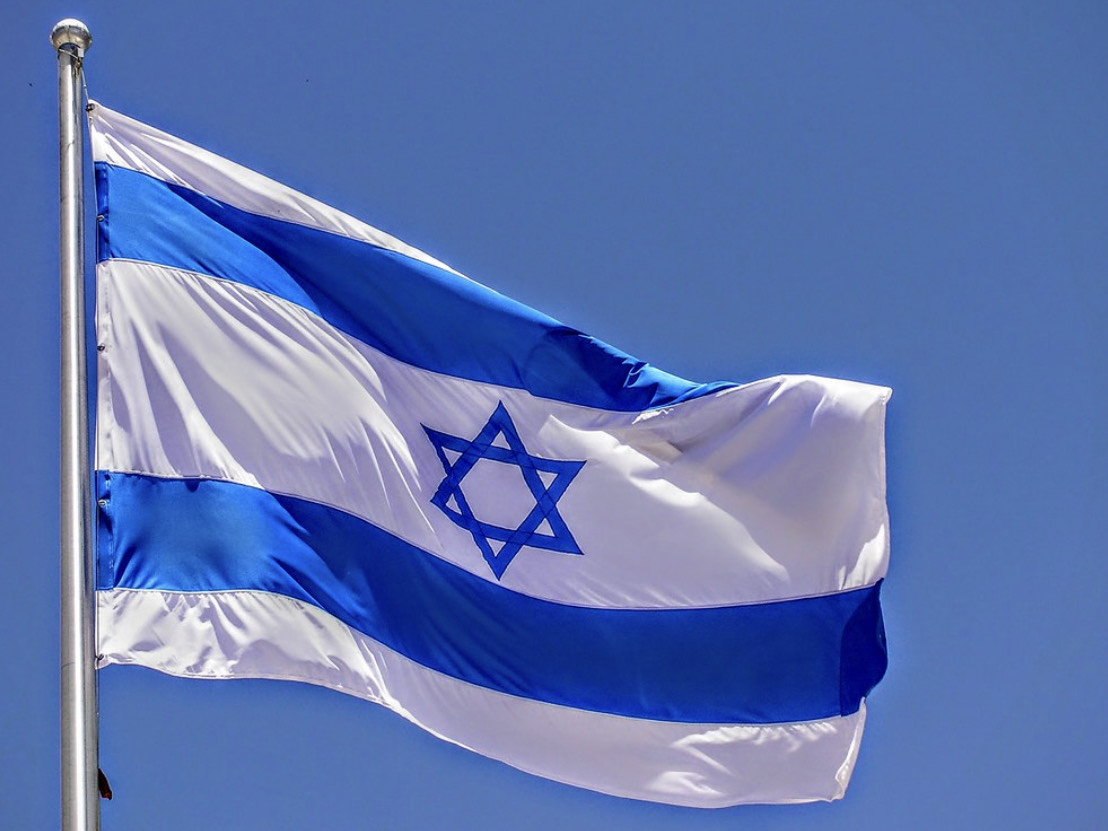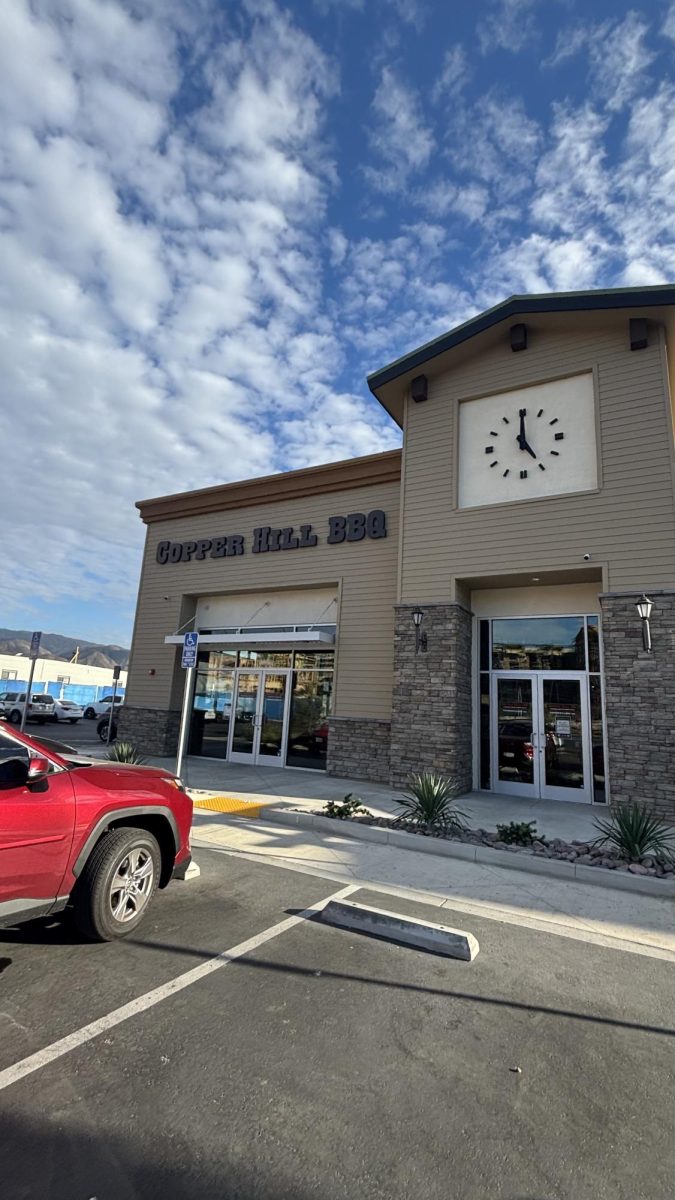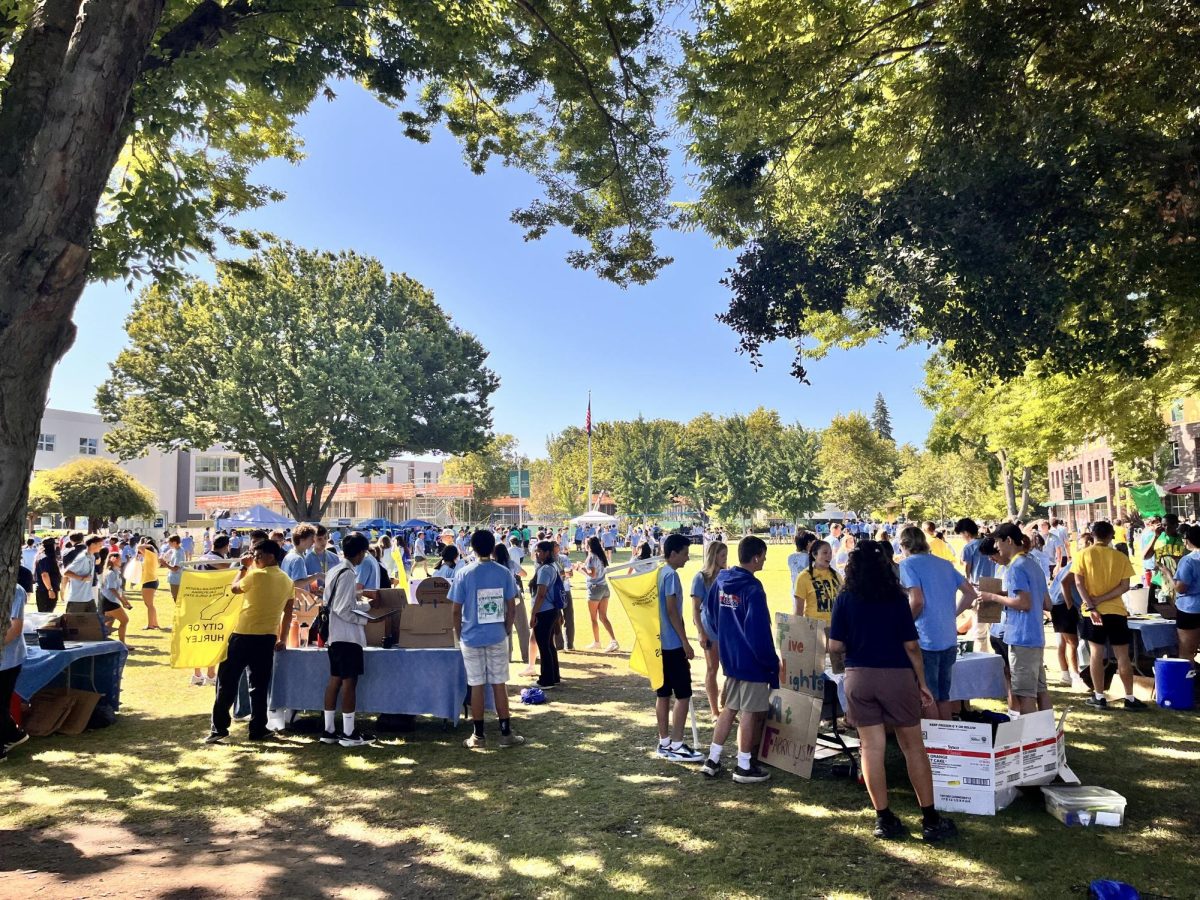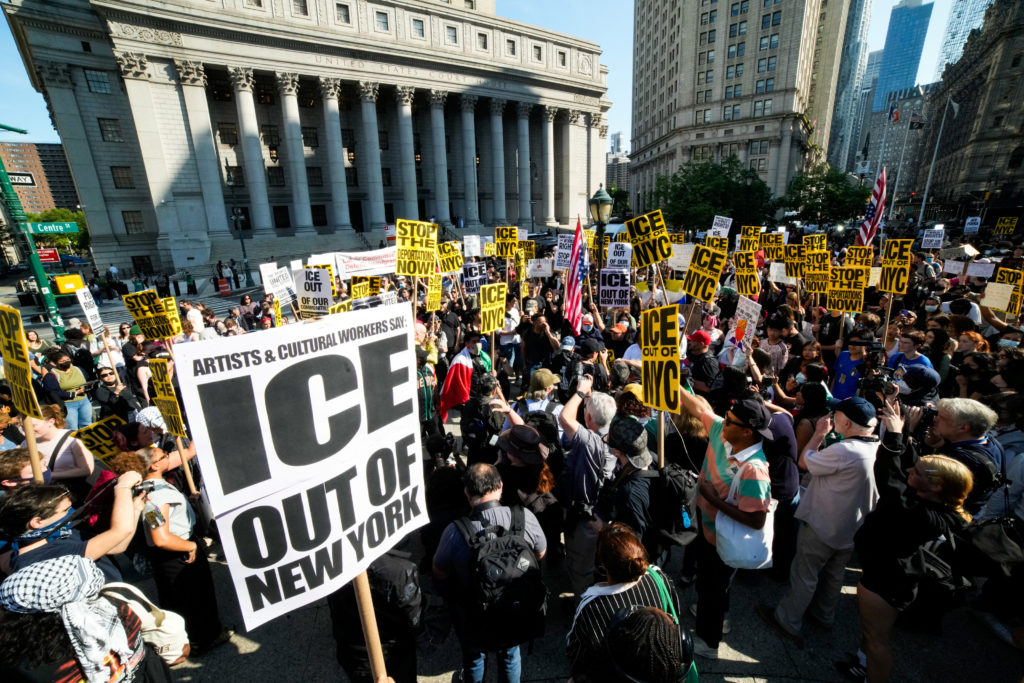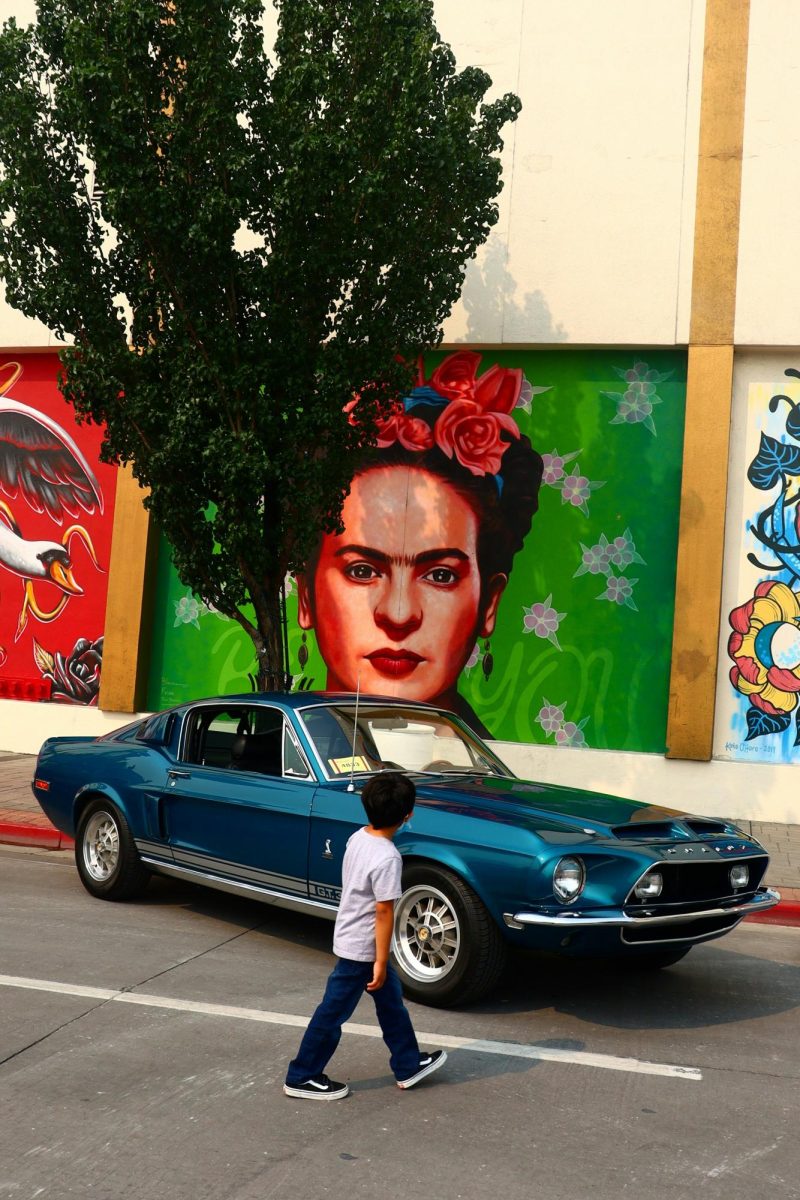Tensions rise at Columbia University as student protests erupt on campus. On April 23 and 24, encampments formed along fields and building entrances, blocking people’s access to vital school faculties. Pro-Palestinian students are advocating for Columbia to cut ties with companies connected to Israel.
The protests have inhibited many students from attending their classes, and it has led to police involvement and the mass arrests of students. These arrests had the adverse effect of agitating the students to protest further.
Columbia University has expressed its agreement for students to protest as long as they attend the university and it remains civil. House Speaker Mike Johnson has expressed his opinion on these incidents, stating, “What we’re seeing on these college campuses across the country is disgusting and unacceptable.” Johnson also plans on visiting Columbia to meet with Jewish students, emphasizing his rebuke of the demonstrations.
Other government officials have made clear their support for the protests. Representative Ilhan Omar, whose daughter was one of the students arrested, states, “This is more than the students hoped for and and I am glad to see this type of solidarity. But to be clear, this is about the genocide in Gaza and the attention has to remain on that.”
With demonstrations still fierce, Columbia has allowed for students to attend classes online instead of physically showing up to their lectures. This exemption is likely directed toward Jewish students, as some have said they may not feel safe leaving their living arrangements.
It is amid these circumstances that Columbia University, as well as other campuses across the United States, are experiencing intense protests as a result of the situation in Palestine. If one thing is clear, it’s the resolve that many students demonstrate to ensure that their goal for the university to cut ties with Israel is met.

